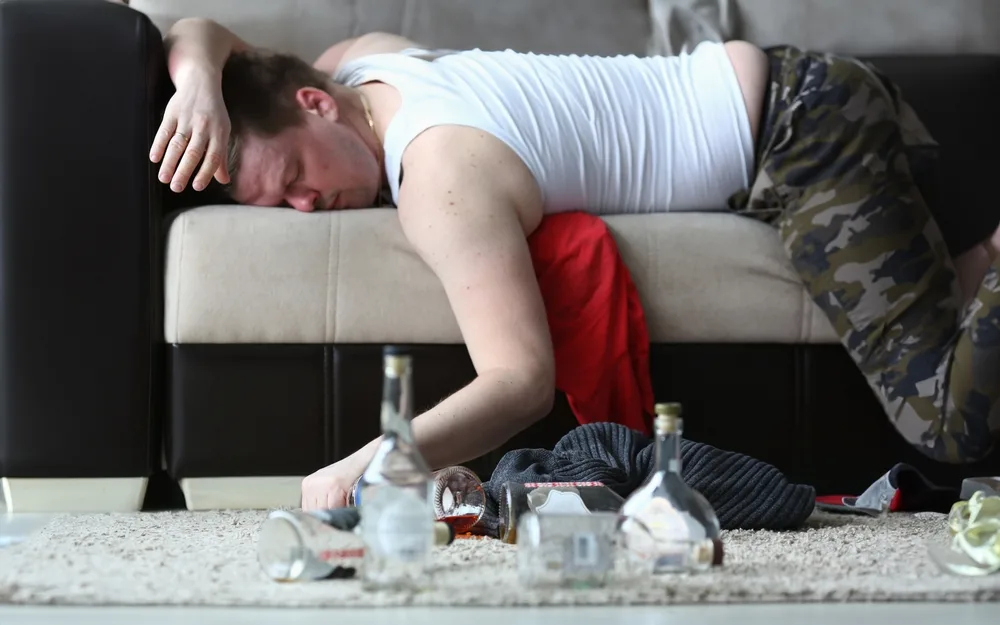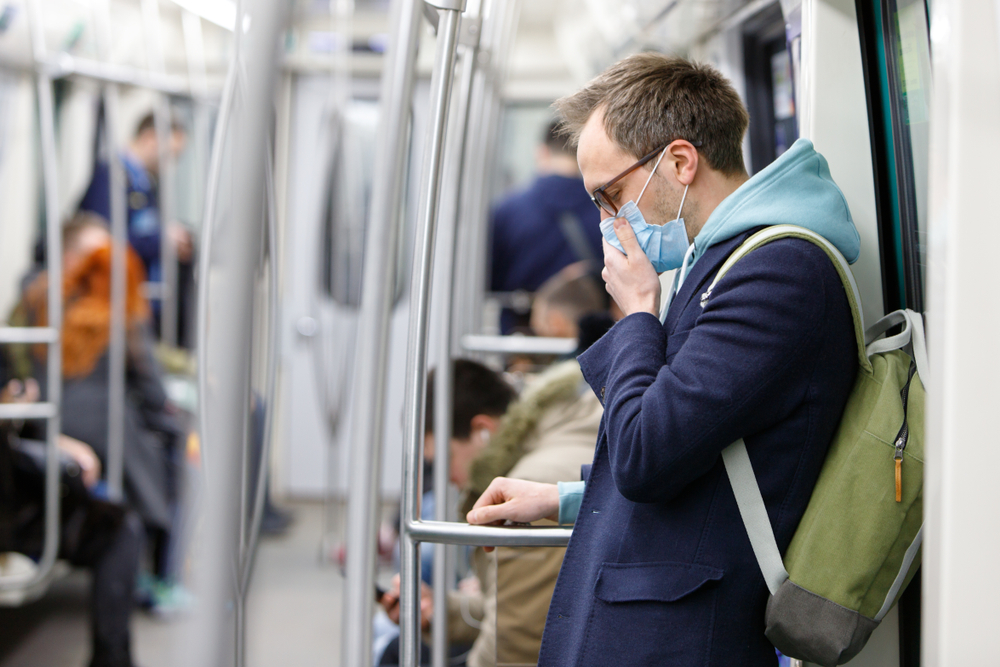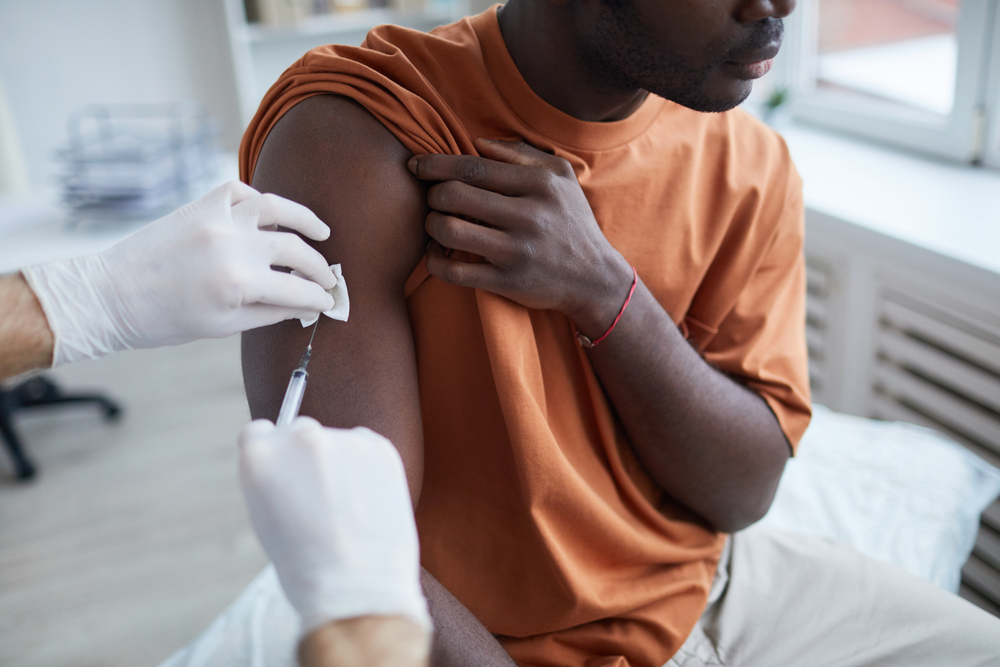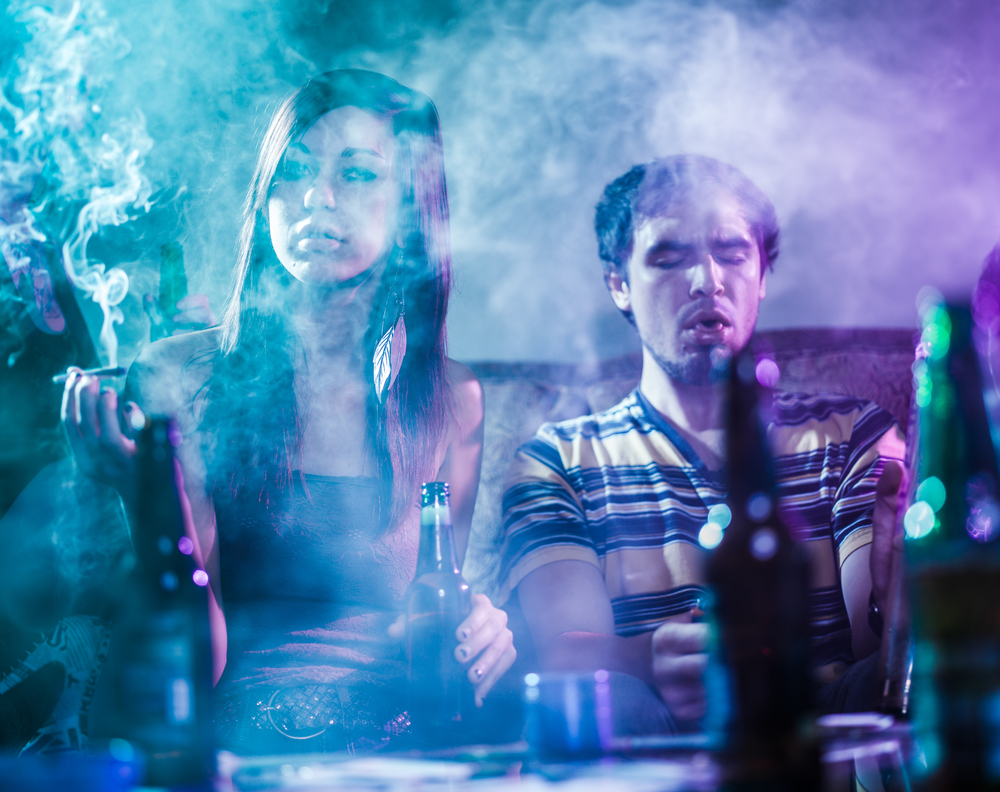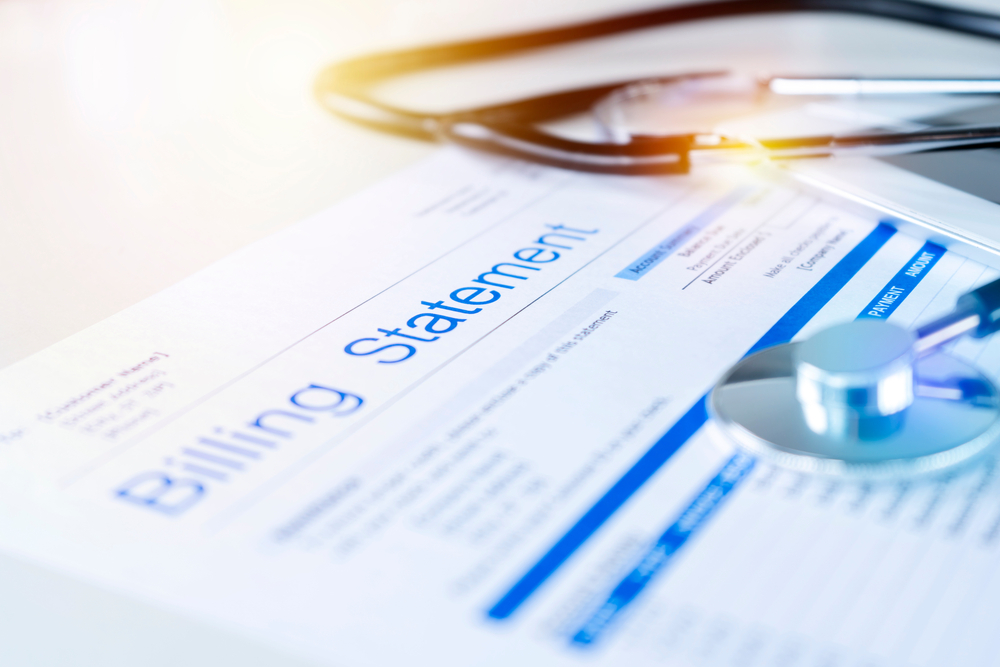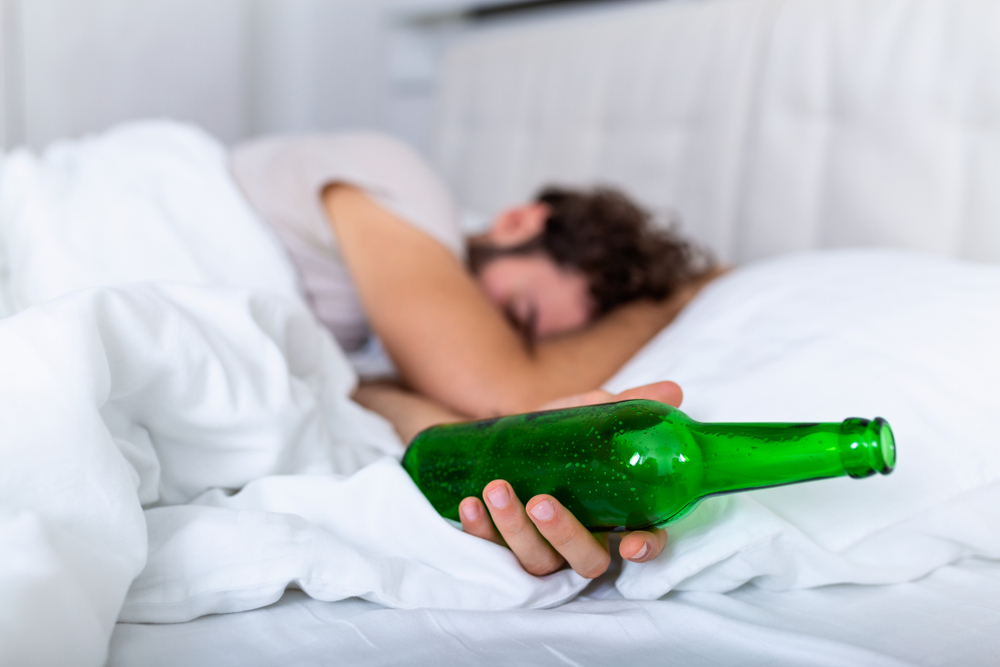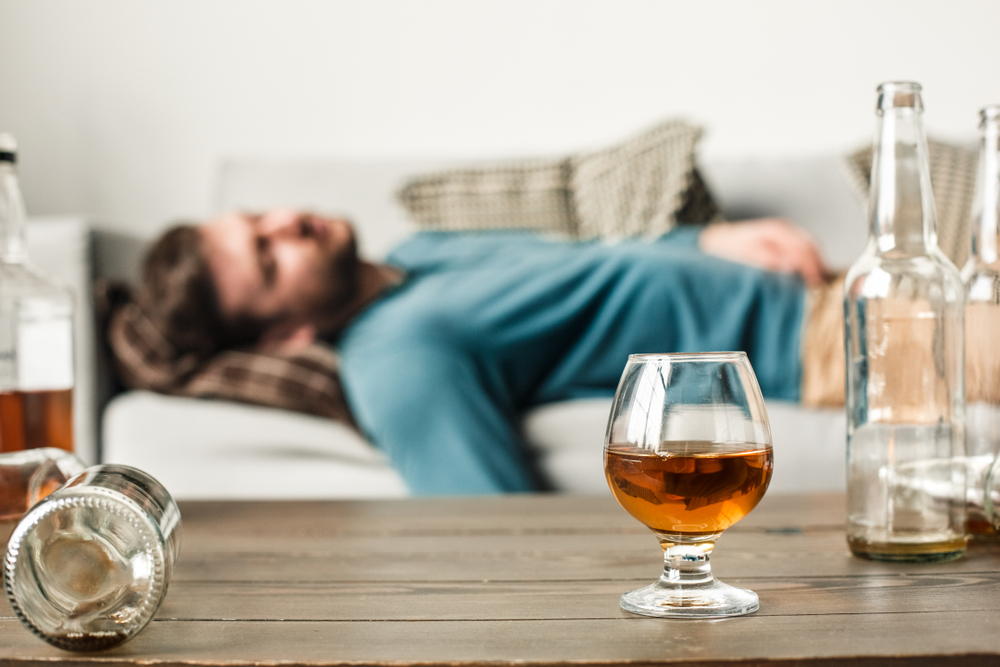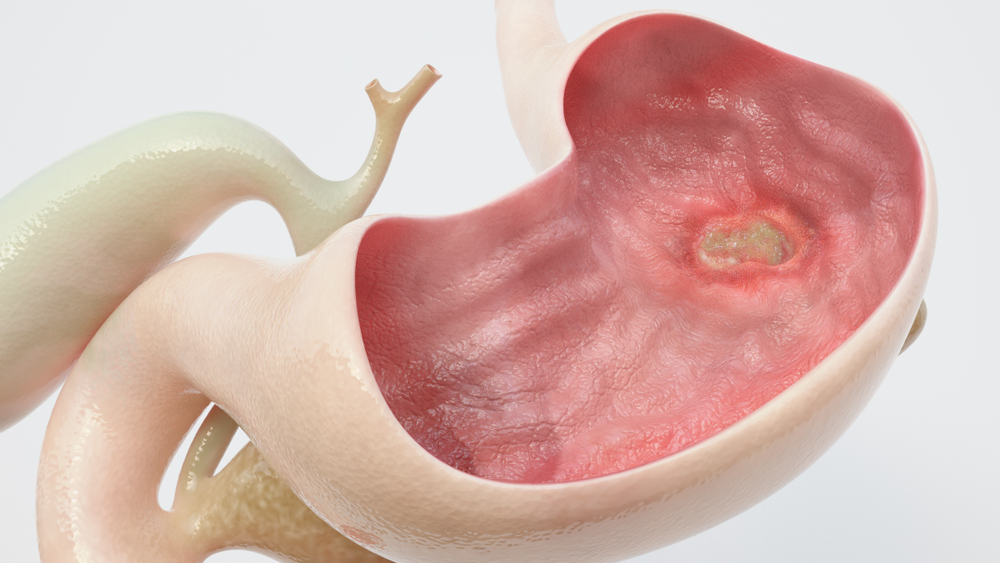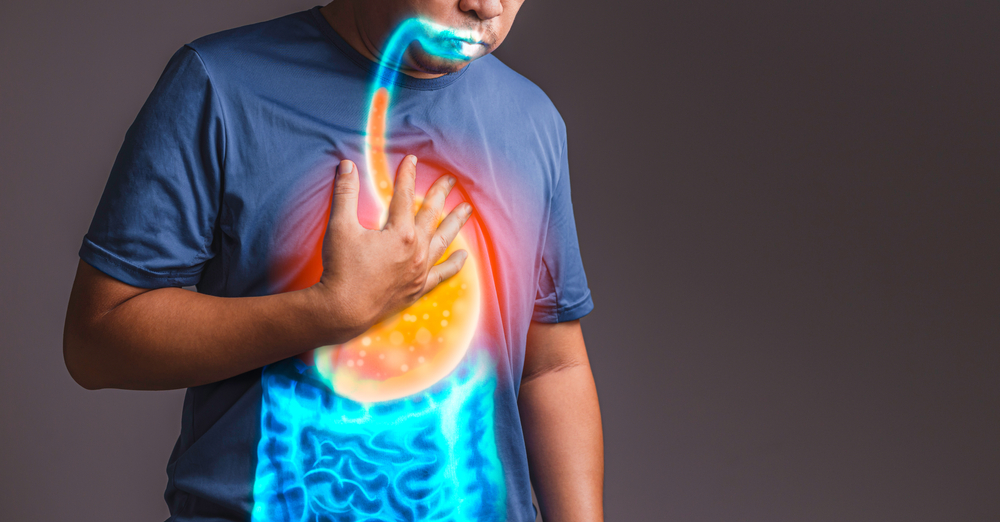Quiet Drinking: How Functional Alcoholism Is Masking a Mental Health Crisis
Quiet drinking describes a pattern where someone drinks alcohol in secret. They hide their drinking from you and others around them. They may keep a stash of alcohol in their car or in places you rarely check. They might also drink at times you do not expect. For instance, they could slip away during social events or drink alone while everyone else is asleep.
The term functional alcoholism helps explain why this can be so easy to miss. A person in this pattern often holds a job, takes care of their daily life tasks, and appears fine. They do not fit the stereotype of a person who drinks heavily and is in constant crisis. They may be successful in many areas of life. They might even excel at work, with a reputation for being responsible. Yet, they quietly suffer from a long-term drinking problem that they cannot control.
Quiet drinking can lead to a high tolerance for alcohol, which means they may need more and more alcohol to feel the same effect. Over time, this high tolerance increases the risk of serious health issues.
The Mental Health Connection
Many people who engage in functional alcoholism are dealing with unspoken emotional distress. They may use alcohol to self-medicate. They may experience intrusive thoughts, feelings of worthlessness, or social anxiety. These concerns are not always visible, especially if they are skilled at putting on a brave face, all while secretly hiding these issues.

Mental health issues, such as anxiety or depression, can push someone to rely on alcohol to relax or to escape constant worry. The cycle becomes destructive. The more they drink, the harder it becomes to address the root cause of their pain. They get trapped, and substance abuse takes center stage. Over time, they risk losing interest in healthier coping methods or seeking professional help.
Many people with functional alcoholism also carry unresolved trauma. They might have grown up in a home where heavy drinking was common. They might have survived a distressing event during childhood. Alcohol becomes a shield against emotional pain. But that shield comes at a high cost, it harms physical health, strains relationships, and prevents real healing.
Why Quiet Drinking Is Dangerous
You might think that a “quiet drinker” is in less danger than someone who drinks more openly. In reality, the harm can be just as severe. Quiet drinking can lead to late-night binges that go unnoticed. It can trigger withdrawal symptoms if the person tries to stop on their own. It can also mask serious health problems for years.
Functional alcoholics often hide their struggles until they are in crisis. By the time they accept they have an issue, they may face advanced liver damage, heart problems, or a severe mental health breakdown. The day-to-day demands of life can also become harder to manage. Mistakes at work can happen more often. Relationships can suffer because of mood swings or broken promises.
When quiet drinking lasts for a long time, it may only become obvious when a person hits a turning point. They might lose a job, develop sudden health issues, or face legal trouble. You may see these outcomes and wonder how they escalated so quickly. The truth is it builds up slowly over time. Recognizing it early can save them from these dire consequences.
Societal Pressures and Quiet Drinking
Society often glamorizes drinking. Many social events revolve around alcohol. Friends and family can unintentionally enable silent drinking by normalizing heavy drinking. They might dismiss a person’s habit as “stress relief” or a way to “unwind.”
People with high status in their careers or communities also feel pressure to maintain appearances. They want to seem in control, so they do not want to be seen as someone who struggles with mental health or addiction. As a result, they rely on private drinking sessions to cope. This leads to more secret behaviors, more denial, and potentially more severe issues in the future.

Signs of Secret Drinking
You may wonder if there are clear signs of secret drinking. Below are some things you can look for. They are not proof on their own, but they can hint at a larger pattern:
- Finding bottles in unexpected places can suggest that your loved one is trying to hide their drinking.
- You might notice they forget conversations or events more often. Alcohol can cause blackouts or minor memory gaps.
- Mood changes can happen, especially if they are feeling guilt or shame about their drinking.
- They might step outside or go to the car often. This can be a way to drink in private.
- They might drink more than others without seeming intoxicated. A high tolerance is a common sign of a long-term drinking problem.
- A person with functional alcoholism can become short-tempered or anxious when they cannot drink. This can be due to withdrawal symptoms or cravings.
The Role of Friends and Family
Your support is crucial. Many functional alcoholics do not realize their drinking has become a serious problem until someone they trust shows concern. As a friend or family member, you can start the conversation. You can encourage them to be honest about their drinking habits.

It is essential to do this calmly and without judgment. Suggest that they consider talking to a professional or exploring support groups. Remind them that help is available and that change is possible.
Treatment Options and Support
Quiet drinking can mask a crisis, but there is hope. Early intervention can disrupt the harmful cycle and address the core mental health issues. Below are some common methods:
Professional Counseling and Therapy
A mental health professional can explore the underlying causes of secret drinking. They can provide coping strategies that do not involve alcohol. Therapy may also include working through trauma, anxiety, or depression.
Inpatient or Outpatient Addiction Treatment Programs
There are many alcohol addiction treatment programs designed for those who want to end substance abuse. These programs offer structured care. They also provide medical supervision if withdrawal symptoms become too severe.
Support Groups
Groups like Alcoholics Anonymous offer a community of peers who share similar struggles. Meetings can help your loved one feel understood. They can also learn from others who have walked the same path.

Holistic Approaches
Some people find help in activities that support overall well-being. Exercise, meditation, and learning stress management techniques can reduce the urge to drink. These activities also address some mental health challenges directly.
Medication
In some cases, a doctor might recommend medication to ease cravings or treat symptoms of depression. This is usually combined with therapy or counseling for the best outcome.
Why Early Intervention Matters
Functional alcoholism can last for years without obvious signs. Over time, it can lead to severe health complications, fractured relationships, and a deep sense of isolation. When you encourage early intervention, you help your loved one break free from the cycle before it becomes worse.
Stepping in is not always easy. You might fear conflict or worry about losing the relationship. Yet, reaching out with care, empathy, and facts can set the stage for change. Even if your loved one resists initially, your concern shows them that you care, and they are not alone. You plant a seed of hope for when they are ready to receive help.
Get Help at More Than Rehab
We meet many families who are just now realizing that functional alcoholism masks deeper mental health issues. We see how this hidden drinking hurts relationships and self-esteem. We design addiction treatment programs that uncover the real causes, not just the symptoms.
If you suspect your loved one is a high-functioning alcoholic, reach out. We walk you through therapy, support groups like AA or NA, and every stage of care. You do not have to wait for a crisis. Healing starts with one step. Talk to us today, and let’s find a way to help your loved one reclaim their life.




